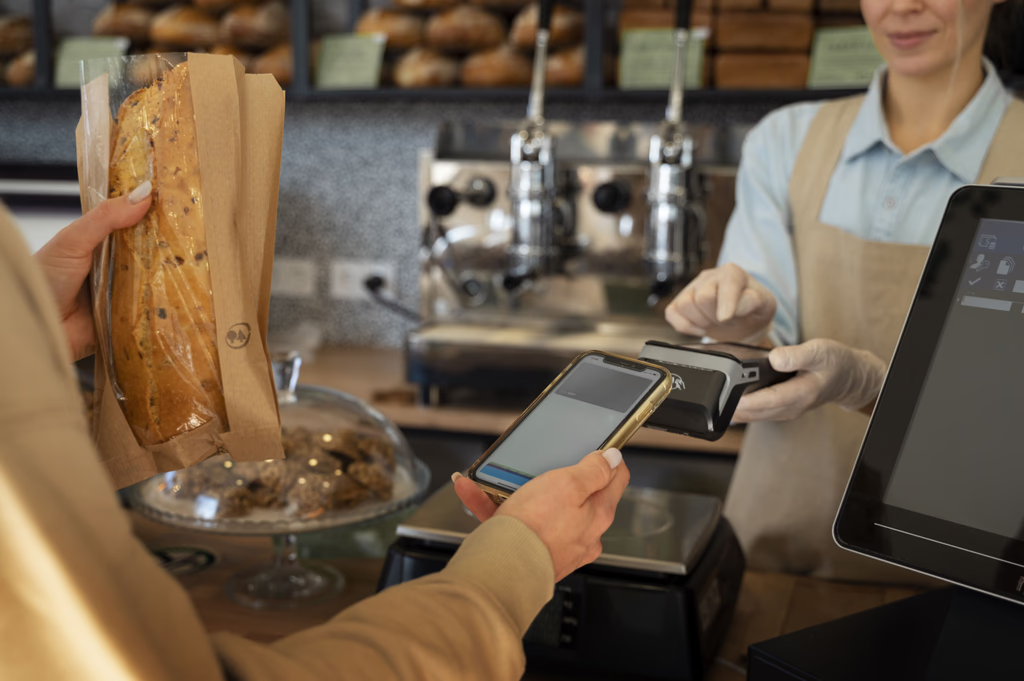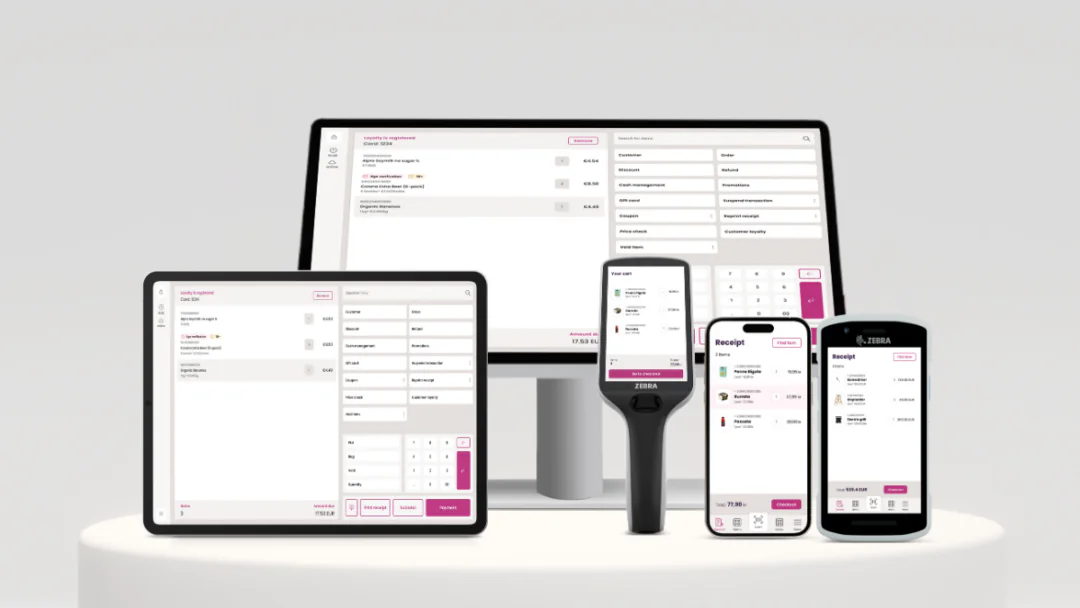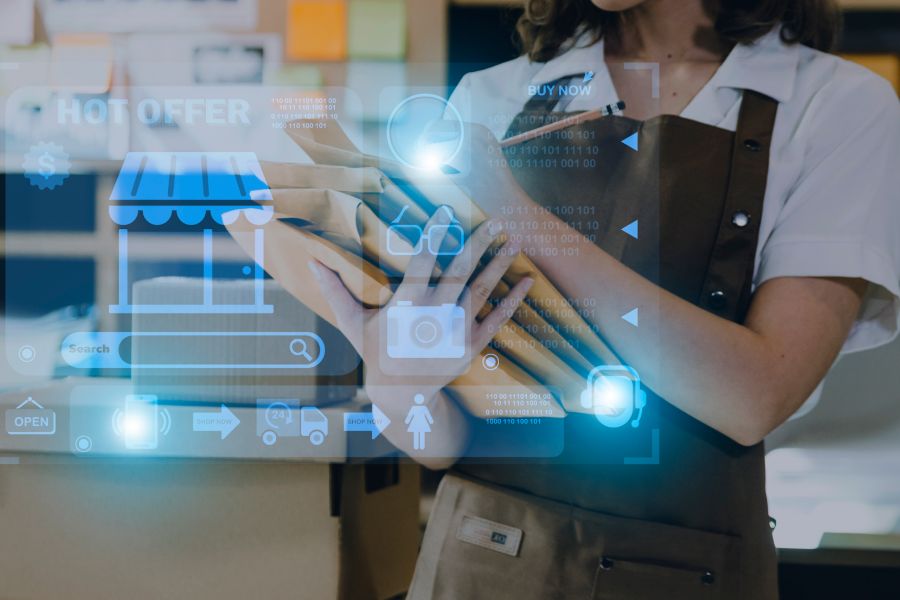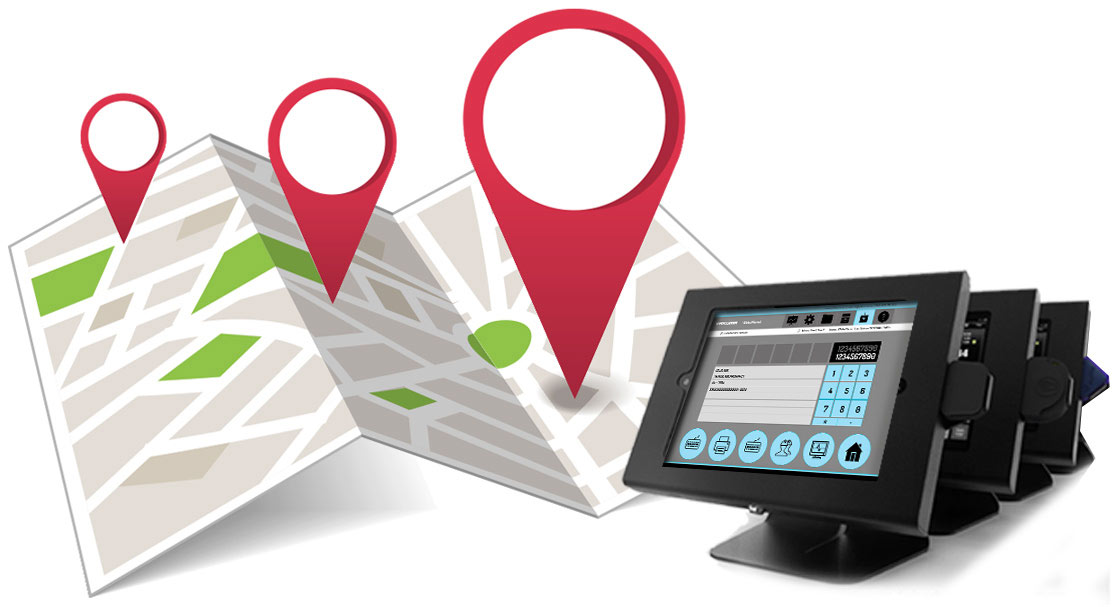Why POS Systems Are Essential for Food and Beverage Businesses

In the fast-paced and highly competitive food and beverage industry, efficiency, accuracy, and customer satisfaction are key to success. Whether you run a cozy café, a bustling restaurant, or a food truck, having the right tools to manage your operations is crucial. This is where Point of Sale (POS) systems come into play. A POS system is more than just a cash register—it’s a comprehensive solution that streamlines operations, enhances customer experiences, and drives profitability. Here’s why POS systems are essential for food and beverage businesses.
1. Streamlined Order Management
In the food and beverage industry, order accuracy and speed are critical. A POS system simplifies order management by allowing staff to input orders directly into the system, which are then sent to the kitchen or bar in real time. This reduces the risk of errors caused by miscommunication or handwritten notes. Additionally, POS systems can handle complex orders, such as customizations or substitutions, ensuring that customers get exactly what they want.
2. Faster Transactions and Reduced Wait Times
Long wait times can lead to frustrated customers and lost sales. Modern POS systems enable quick and efficient transactions, whether it’s processing payments, splitting bills, or applying discounts. With features like contactless payments and mobile POS devices, businesses can serve customers faster, even during peak hours. This not only improves customer satisfaction but also increases table turnover rates, leading to higher revenue.
3. Inventory Management Made Easy
Managing inventory is one of the biggest challenges for food and beverage businesses. A POS system automates inventory tracking, providing real-time updates on stock levels and alerting you when it’s time to reorder supplies. This helps prevent overstocking or running out of popular items, reducing waste and saving money. Some advanced POS systems even integrate with supplier systems to streamline the ordering process.
4. Enhanced Customer Experience
A POS system can help you deliver personalized and memorable experiences to your customers. By storing customer data, such as order history and preferences, you can offer tailored recommendations, loyalty rewards, and special promotions. For example, if a customer frequently orders a specific dish, your POS system can prompt your staff to suggest it or offer a discount. This level of personalization fosters customer loyalty and encourages repeat visits.
5. Improved Employee Management
Managing staff schedules, tracking hours, and monitoring performance can be time-consuming. POS systems often include employee management features that simplify these tasks. You can create schedules, track hours worked, and even monitor sales performance by employee. This not only saves time but also helps you identify top performers and address any issues proactively.
6. Data-Driven Decision Making
POS systems generate valuable data and insights that can help you make informed business decisions. From sales reports and customer trends to inventory usage and peak hours, a POS system provides a wealth of information at your fingertips. By analyzing this data, you can identify areas for improvement, optimize your menu, and develop strategies to boost profitability.
7. Integration with Other Systems
Modern POS systems can integrate with other tools and platforms, such as online ordering systems, delivery apps, and accounting software. This creates a seamless ecosystem where all aspects of your business are connected. For example, when an online order is placed, it can automatically be sent to your kitchen via the POS system, eliminating the need for manual entry and reducing errors.
8. Compliance and Security
Food and beverage businesses must comply with various regulations, such as food safety standards and tax requirements. A POS system can help you stay compliant by generating accurate reports and maintaining detailed records. Additionally, POS systems offer advanced security features, such as encryption and user access controls, to protect sensitive customer and business data.
9. Scalability for Growth
As your business grows, your POS system can grow with you. Whether you’re opening a new location, expanding your menu, or adding delivery services, a scalable POS system can adapt to your changing needs. This flexibility ensures that your operations remain efficient and your customers continue to receive excellent service.
10. Cost Savings in the Long Run
While investing in a POS system may seem like a significant expense, it can save you money in the long run. By automating tasks, reducing errors, and improving efficiency, a POS system helps you cut costs and increase profitability. Additionally, many POS systems offer affordable subscription plans, making them accessible to businesses of all sizes.
Conclusion
In the food and beverage industry, where margins are often tight and competition is fierce, a POS system is not just a luxury—it’s a necessity. From streamlining operations and enhancing customer experiences to providing valuable insights and ensuring compliance, a POS system is an indispensable tool for success. By investing in the right POS system, you can take your food and beverage business to the next level, delivering exceptional service and driving long-term growth.






